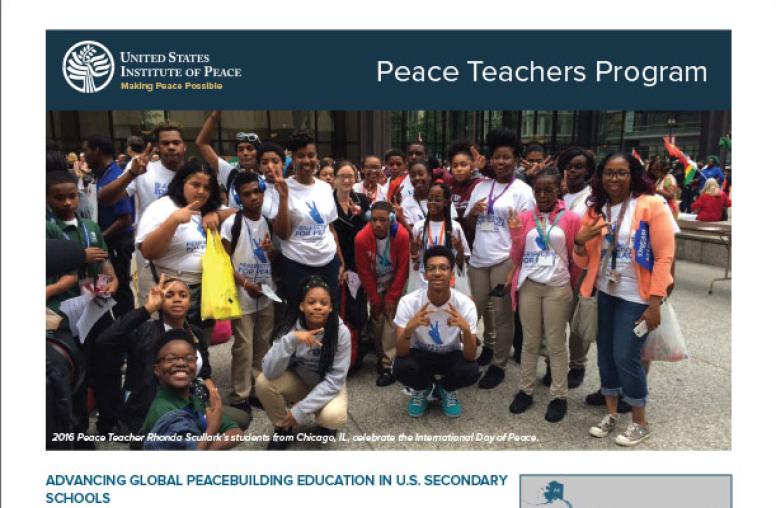The Role of the Ambassador in Promoting U.S. Human Rights Policy Abroad

Summary
- The ambassador is a key player in determining tough trade-offs or policy emphasis: between short-term and long-term objectives, between executive and legislative priorities, between strategic interests and specific human rights concerns, between public and private diplomacy, between coercive and cooperative approaches, and between unilateral and multilateral approaches to specific problems.
- The ambassador is also integrator among various interest groups with a role to play in helping promote U.S. human rights policy objectives in-country. Such interest groups include the business community, media, and local and international NGOs.
- In order to prepare U.S. ambassadors for the role of chief policy implementer _in-country, we must first define their role in human rights policy, and we must identify new tools (or repackage existing ones) for enacting human rights policy.
- Establishment of a global strategy for human rights that includes a clearly articulated role for the ambassador would serve as a buffer between those implementing the mandated strategy and those opposing it. Such a strategy is necessary because U.S. human rights policy is often interpreted in a host country as threatening to national sovereignty or as promoting social or regime change, with the ambassador seen as the leading promoter of such "subversion."
- Human rights must be consistently presented as an American foreign policy priority, with the U.S. ambassador in-country seen as the policy's lead promoter. As one of the most difficult foreign policy issues, human rights policy must be promoted throughout the foreign policy environment-both domestically and internationally. The U.S. ambassador has a vital role to play in constructing a constituency that will support continued emphasis on human rights for both the short- and long-term.
Human Rights Implementation Project
In 1999, the United States Institute of Peace's Research and Studies Program launched a new initiative on human rights implementation. This project seeks to critically examine human rights policies implemented by the U.S. government in order to identify ways these policies might be improved.
The Human Rights Implementation Project is exploring the following questions:
- What role do human rights issues play in the formulation of U.S. foreign policy?
- How successful or unsuccessful has the U.S. government been in improving human rights practices abroad?
- What are the key challenges to implementing an effective human rights policy?
- What roles have the Executive Branch, the Congress, other govenmental agencies, and the non-governmental and business communities played in promoting human rights?
- How can policymakers maximize their impact on human rights protection and promotion?
The Institute is exploring these broad questions from the vantage point of a nonpartisan, congressionally funded institution committed to expanding the understanding of international conflict and the means to prevent, manage, and resolve it.
About the Report
The United States Institute of Peace recently held a roundtable discussion featuring a distinguished group of former U.S. ambassadors who addressed the need to enhance the role of U.S. chiefs of mission in interpreting and implementing U.S. human rights policy abroad. This session, part of the ongoing Human Rights Implementation Project, a major effort of the Institute's Research and Studies Program, brought together prominent former chiefs of mission and leaders in the policymaking and non-governmental organization (NGO) communities.
The purpose of the meeting was to determine how ambassadors could more effectively implement a coherent U.S. human rights policy. Speakers included Ambassadors Winston Lord, Smith Hempstone, Teresita Schaffer, Princeton Lyman, Robert White, J. Stapleton Roy, Jack Matlock, Mark Palmer, and John Stempel. This report, prepared by program officers Emily Metzgar and Debra Liang-Fenton, summarizes discussion at this workshop and provides an overview of recommendations that can help inform policymakers and future chiefs of mission in their efforts to improve U.S. human rights policy. Although representative of discussions at this meeting, the report does not imply unanimity of opinion on every point.
The views expressed in this report do not necessarily reflect those of the United States Institute of Peace, which does not advocate specific policies.



